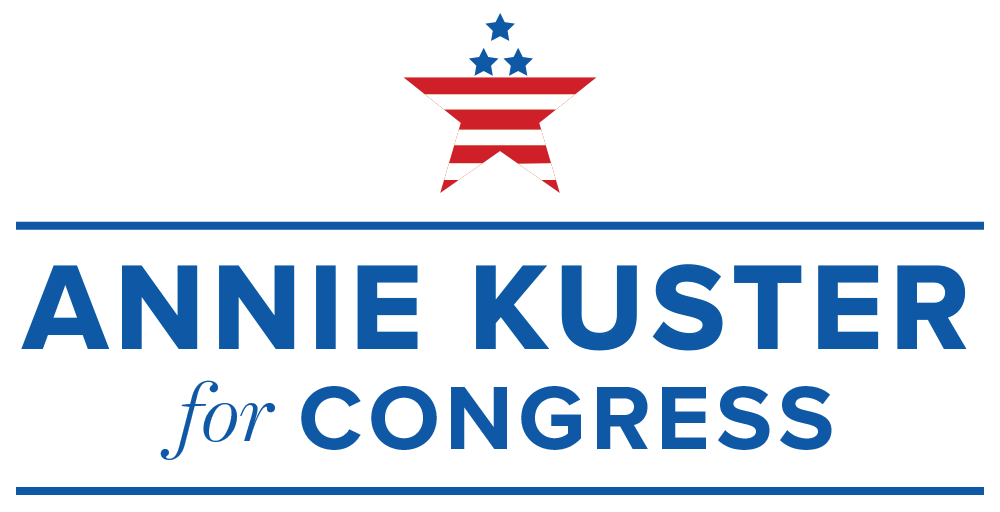By Paul Hayes | October 18, 2020
Normally candidates would be knocking on doors.
That’s not possible during COVID.
So on Thursday afternoon Democrats held a ‘get out the vote’ rally on Main Street, in front of the Littleton town offices. It was attended by a slew of local candidates and headlined by Congresswoman Ann Kuster.
“We want to make sure, in this era of COVID-19, that voting is accessible to everyone,” Kuster said.
Earlier this year, New Hampshire expanded absentee voting eligibility to include anyone concerned about personal safety during the pandemic.
Voter demand for absentee ballots has been high. To date new Hampshire residents have requested 179,000 absentee ballots, already surpassing the 2016 general election record. Of those, nearly 79,000 have already been returned.
The deadline to return absentee ballots is 5 p.m. on election day (Tuesday, Nov. 3).
Kuster called absentee ballots a safe and secure way to vote during the coronavirus crisis, particularly for those at-risk of COVID complications.
“I have a lot of constituents who have been homebound since March. Maybe they have immune compromised people in their family. Maybe they’re elderly. Maybe they have pre-existing conditions and they are not comfortable going to the polls on election day,” Kuster said, adding that when she cast her absentee ballot at the Hopkinton Town Clerk’s office “it felt much safer to me.”
It reflects a broader strategy for Democrats.
Their voting base has shown greater concern for COVID risks.
According to a recent Gallup poll, Democratic voters are much more concerned about getting COVID, far more likely to wear masks and practice social distance, and considerably less inclined to resume normal activities.
As a result, absentee ballots have been more popular among Democrats.
In the September, New Hampshire set a record for absentee voting in a primary election with 90,000 absentee ballots cast. Democrats made up the majority of absentee voters (two-thirds) and voted absentee at a higher rate (42 percent) than Republicans (16 percent).
Sue Ford, a four-term state representative running for state senate District One seat, said the party divide over absentee ballots and COVID safety measures stems from national leadership.
“It’s partisan. It comes from the leader,” said Sue Ford, a former school principal. “I’ve done enough principalships to know that my school took my attitude. If I was welcoming and I cared about what parents thought, the teachers did. In schools where somebody didn’t, the teachers didn’t.”
Thursday’s event in Littleton included a host of local Democratic candidates including incumbent Executive Councilor Mike Cryans and state representatives Linda Massimilla and Elaine French.
They recommended that voters plan ahead. Kuster noted their are three ways to cast ballots: Absentee ballots in person at Town Clerk’s offices, mail in absentee ballots, or voting in person on election day.
“We’re holding these events to let people know voting is easy and safe,” Kuster said.
Due to the pandemic, Kuster, Ford, and other candidates have been forced to change their campaign tactics.
Kuster said Democrats’ get-out-the-vote activities are normally robust. However, due to COVID, candidates aren’t able to shake hands, walk parade routes, and attend large gatherings.
Less face-to-face contact has meant more virtual communication through phone calls, Zoom meetings, texts, emails and other impersonal means. That makes life more difficult for politicians and constituents alike.
Ford called it “a huge issue.”
“It’s just not as much personal contact. If it was [a normal campaign season] and it was Saturday morning, I’d be standing at the Orford dump and then at the post office, talking to people,” she said. “Making phone calls is not nearly as satisfying as talking to someone in person.”


